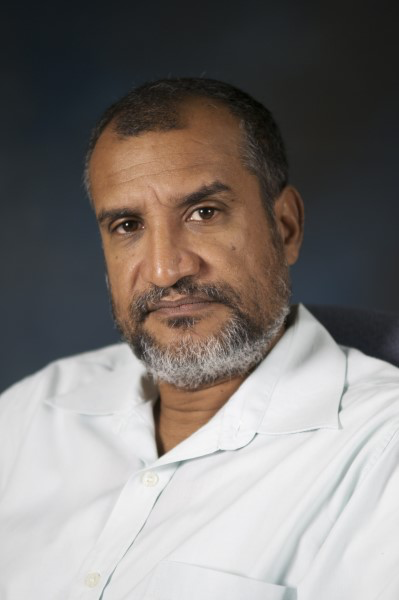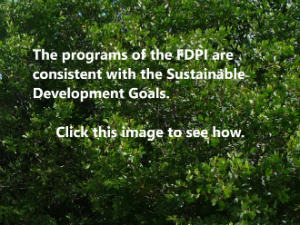 Managing Director, Multicrop Facility Ltd.
Managing Director, Multicrop Facility Ltd.
Floyd Homer (PhD) is the Managing Director of Multicrop Facility Ltd, a family-owned agricultural business based in Trinidad and Tobago.
Dr. Homer holds a doctoral degree in Forest Ecology and has more than thirty years of experience in the implementation of national and regional environment and development initiatives in the Wider Caribbean Region. Functioning primarily as a consultant to governmental and non-governmental organizations, his work focuses on matters related to land use and ecosystems, particularly management of forests, wetlands, and coral reefs.
Dr. Homer has served in various capacities in Caribbean and international non-governmental organizations such the Caribbean Conservation Association and the International Union for Conservation of Nature. He is a founding member of the Trust for Sustainable Livelihoods, a non-governmental organization based in Trinidad and Tobago that assists communities to address local livelihood issues.
Dr. Homer has participated in many international inter-governmental scientific and policy processes, including serving on the advisory bodies of inter-governmental arrangements such as the Subsidiary Body for Technology and Technological Advice to the Convention on Biological Diversity, Global Water Partnership-Caribbean, and the Intergovernmental Science-Policy Platform on Biodiversity and Ecosystem Services.
Dr. Homer has written more than 85 technical reports, management plans, assessments, scientific papers, and book chapters on management of natural areas and other environment and development issues in the Caribbean. He has coordinated the production of three video documentaries: ‘Beyond the Curve’ (impacts and management of quarry operations in Trinidad), ‘Biodiversity is our Business’ (implementation of government policies and impacts on island biodiversity), and “Farmers Challenge” (highlighting the plight of farmers in Plum Mitan, Trinidad).
His life’s goal remains the identification and implementation of pragmatic solutions to sustaining livelihoods for island communities based on the local social, economic, environmental, and political cultures.
